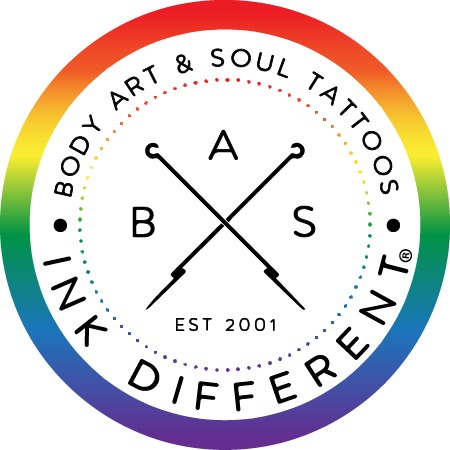

- #Obtaining a tattoo license california how to
- #Obtaining a tattoo license california install
- #Obtaining a tattoo license california full
The application will go to the district attorney, sheriff’s department, and board of supervisors if you’re going to operate the bar within county limits. You will fill out the application, and then the ABC office will send it to the appropriate officials. Be prepared to answer questions about your bar, so the staff can help you decide the type of license you need. Visit the ABC District Office closest to your venue. If you meet the requirements, you can begin the process of obtaining a liquor license so that you can operate your bar. You also must have a Condition Use Permit and a record clear of serious criminal charges. To qualify, you must be at least 21 years of age and have proof that you own or lease a venue. You will also need to get a liquor license. A government official will let you know if you need a license, and if so, what requirements you must meet. Instead of getting the license from the state, you’ll need to contact your local government.

You’ll likely need a business license to run the bar. What Are the Requirements for a California Bar License? You will get a much better idea of how much you’ll have to pay once you decide the type of bar and liquor license you want. Some people manage to do that for as little as $25,000. However, you can save money if you take over some else’s bar. When you factor in the property’s rent or purchase price, equipment, and wages, you could pay anywhere from $150,000 to several million to start a new bar.
#Obtaining a tattoo license california full
A full liquor license is much more expensive, usually ranging from $12,000-$400,000.

A California beer and wine license generally costs between $3,000-$5,000. The cost of opening a bar depends on various factors, including where the business is located, the space you choose, and the type of liquor license you get. How Much Is It to Open a Bar in California? Once you have everything in place, you’ll be ready to open your establishment. Finally, get a worker’s compensation policy if you are going to have employees at the bar. If you’re going to offer food, secure a health permit, food safety certification, and food handler permit.
:max_bytes(150000):strip_icc()/how-to-take-care-of-tattoo_round3-2ab989a3528c4309b3fabcc165cf7b6e.gif)
You also need to get a taxpayer ID number. Department of the Treasury, and obtain your liquor license from the California Department of Beverage Control. Get a business license from your local government if applicable, register with the U.S. Purchase or rent a venue, get the necessary funding, and register for the permits and licenses. Each has its own set of benefits, so you might want to speak to an attorney before choosing one. Then, form a corporation, LLC, partnership, or sole proprietorship. You need to go through several steps before you start your bar.
#Obtaining a tattoo license california how to
You will also learn how to use a bar license lookup in California to find out if a bar is licensed. You are encouraged to contact our Customer Service Center.Have you always dreamed of owning a bar? You love the idea of serving the public, and now, you’re ready to make it happen. There are many rules governing what is taxable.
#Obtaining a tattoo license california install
Likewise, labor charges to install or apply property which has been sold is not ordinarily subject to sales tax ( note: the labor charge should be stated separately on the bill). You are only repairing or reconditioning existing property. However, labor costs for making repairs (resetting a diamond, for example) are not taxable since they do not result in the creation of tangible personal property. This would also be the case if the customer provided the materials for making the ring. Therefore, the total amount you charge for the ring (including the charge for labor) would be taxable. For example, if you make a ring for a specific customer, you are creating tangible personal property. In addition, some service and labor costs are taxable if they result in the creation of tangible personal property. Examples of tangible personal property include such items as furniture, giftware, toys, antiques, clothing, and so forth. In general, retail sales of tangible personal property in California are subject to sales tax.


 0 kommentar(er)
0 kommentar(er)
